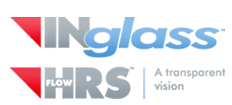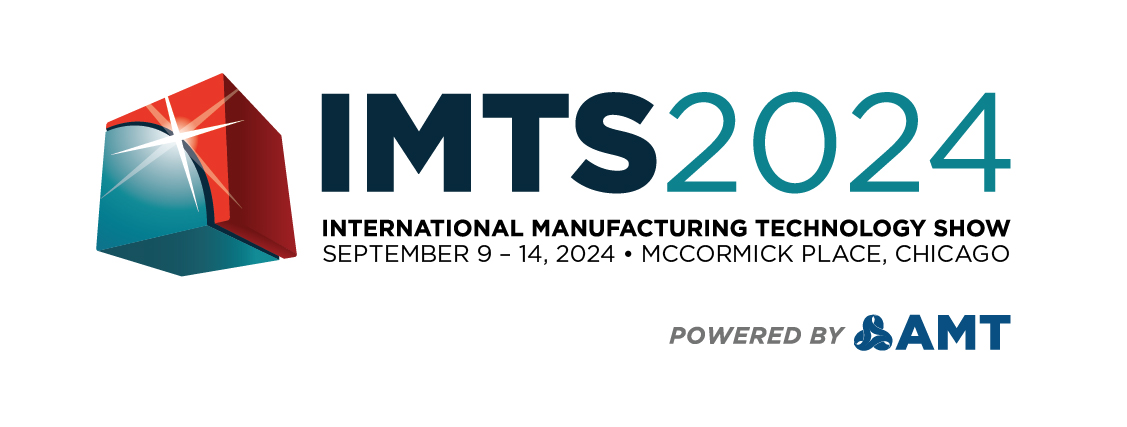Italy's INglass Srl recently broke ground on its first facility in the US, which will be located in Byron Center, Michigan. INglass Srl, an Italian maker of molds for the plastics industry is investing $17.6 million in the West Michigan project and plans to employ 109 people over the next four years. Facility highlights The 45,000-square-foot facility, located at 920 74th St. SW in Byron Center, will house INglass’s HRSflow division, which manufactures hot runner systems for plastic injection molding.
The facility will feature significant roof windows and natural daylight, and will also include thickened concrete floors throughout that are topped with epoxy resin and accommodate a flexible manufacturing layout. It has been designed to accommodate future expansion, in line with INglass’s business growth projections.
INglass-HRSFlow, formerly named Incos, was founded in 1987. The company has existing facilities in Italy and China, but this is its first U.S. plant. The company chose to open the new facility in Michigan to better support its local customers and ensure just-in-time delivery, prompt service and closer sales relationships, according to INglass officials.
INglass-HRSflow wants to enable its customers to reduce their time to market and improve their overall operating efficiency. “In the following years, this decision will lead the company to a growth equal or greater to the one that we achieved in the past,” said Maurizio Bazzo, president of INglass group. “Grand Rapids in particular was chosen due its strategic position for the plastic injection market.”
About INglass-HRSFlow
The INglass-HRSFlow mission comprises a non-stop search for innovative solutions to simplify production processes, reduce costs and improve the quality of the final molded part. INglass-HRSFlow takes an innovative approach to the customer, which involves not only preliminary product analysis but also a careful selection of the most appropriate technology to use from the very initial project stages. This enables the customer to: • Cut down cycle time. • Reduce production scrap, defects and wastage. Benefits that allow cost reductions to be made throughout the entire molding process. For more information on the company's activities click here.


























